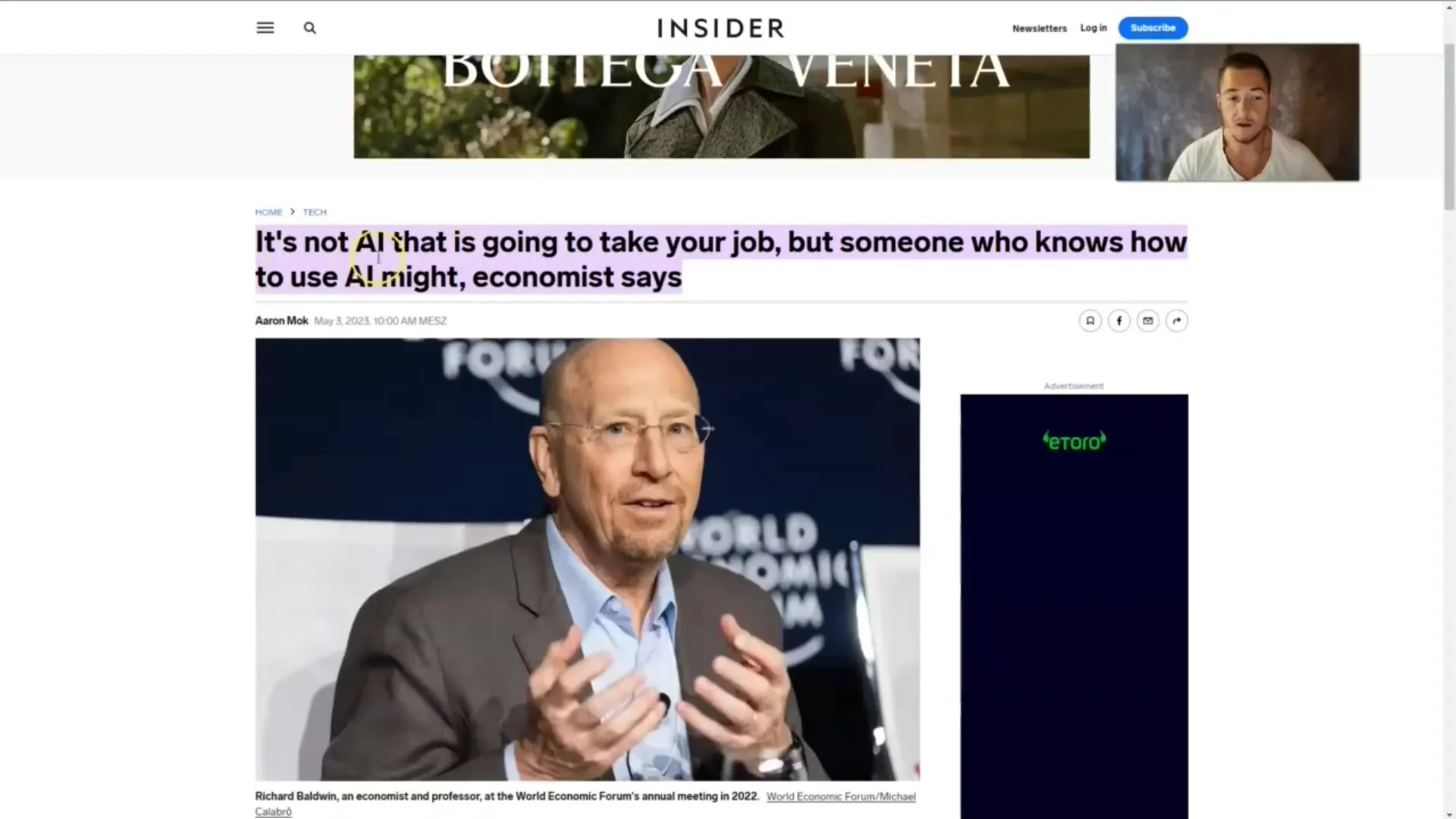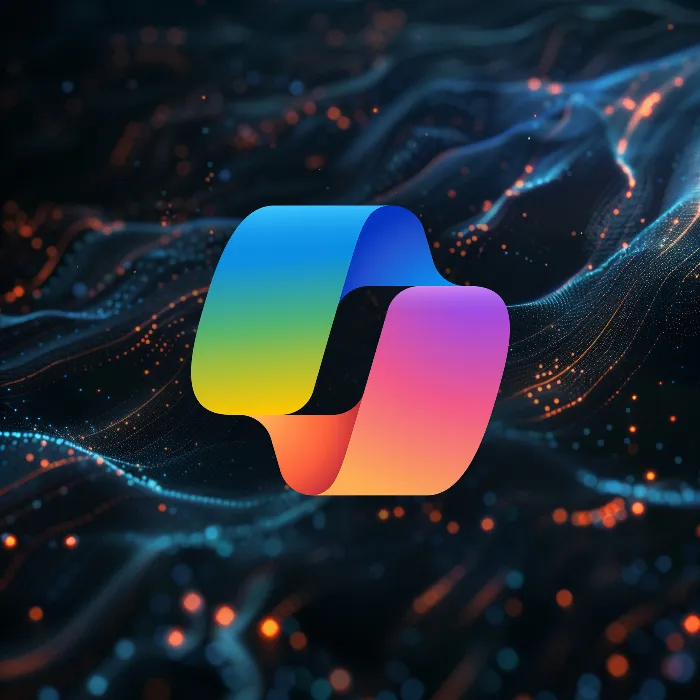In the discussion about the effects of artificial intelligence (AI) on the working world, many questions arise: Will AI actually replace many jobs? And is it ethically justifiable to let this happen? In this tutorial, I illuminate the challenges and opportunities that come with the use of AI. In doing so, I use examples from various industries to support the argumentation.
Main Insights
- Artificial intelligence has already begun to change jobs in many sectors.
- While some jobs are being replaced by AI, new positions that require technological skills are being created simultaneously.
- It is crucial to understand that AI does not necessarily have only negative impacts.
- The ethical implications of using AI in the working world must be taken into consideration.
Step-by-Step Guide
1. Understanding Where AI Influences Jobs
To comprehend the impact of AI on the job market, you should first look at the professions most affected. Artificial intelligence can work more efficiently than humans in many areas, whether in text translation or the medical field. These areas must be considered first.

2. Ethical Considerations of AI
Ethics is a very important aspect that you must include in the discussion. When AI is capable of completing tasks faster and safer than humans, the question arises whether it is justifiable to continue entrusting humans with these tasks. For example, autonomous driving through AI may potentially be safer than human driving.
3. The Costs of AI vs Human Labor
Another point to consider is the financial aspects. Companies face the challenge of bearing the costs for employees, while AI solutions are often more cost-effective. Therefore, it is becoming increasingly interesting for companies to rely on AI systems to remain competitive.
4. Flexibility and Adaptation in the Working World
Anyone working in a rapidly changing environment must be adaptable. This means continuously developing your skills to keep pace with the changes. There will be important job roles where knowledge of handling AI will be advantageous.

5. Predictions About Future Jobs
It is also important to look into the future. While AI will make certain jobs redundant, new activities requiring specific expertise will also emerge. The focus is likely to shift towards technical skills and integrating AI into existing processes.
6. Accepting Challenges and Opportunities
In summary, it can be said that not everything is negative when it comes to AI and jobs. Automation can enable us to work more efficiently and free us from repetitive tasks. This provides an opportunity to take on more creative and strategic tasks.
Summary
In this guide, we have found that AI is already influencing numerous professions, and we have highlighted the ethical questions and economic considerations that play a role. The future remains exciting as AI brings both challenges and opportunities.
Frequently Asked Questions
How will AI replace jobs?AI will replace jobs by automating tasks that can be done more efficiently or cost-effectively by machines.
Are all jobs endangered by AI?Not all jobs are at risk; some areas will benefit from AI and new positions will emerge.
Is the use of AI ethically justifiable?That depends on the circumstances and decisions made. AI can be ethically justifiable if it provides more powerful and safer solutions.
What should employees do to prepare for AI?Employees should continuously adapt their skills and learn how to integrate AI technologies into their work processes.
Will AI create more jobs than it destroys?It is possible, but it is likely that fewer jobs will be created than lost.


